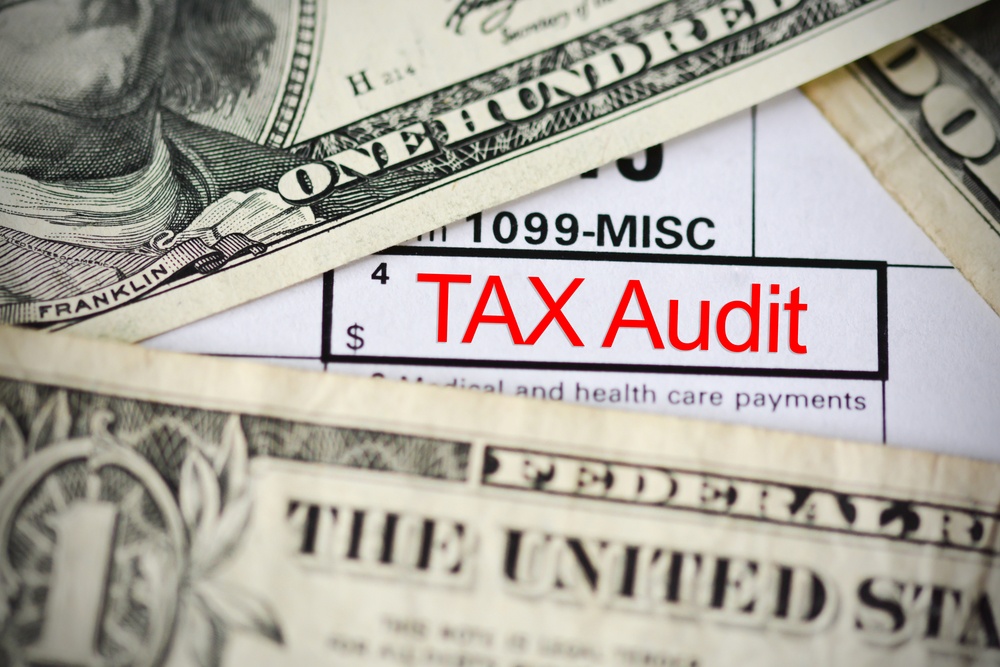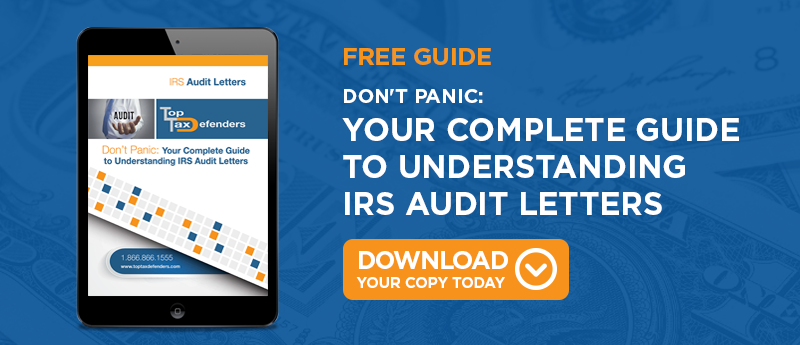
Have you received notice of an audit from a state or government agency? If so, you might be wondering what to do next. An agency might request a sales tax audit to review a private company’s accounting information. By sending an auditor to complete a thorough examination of accounting and information related to your business, an audit serves to identify discrepancies in your business data.
Receiving a notice of audit can be a source of stress for many business owners. Knowing how to prepare yourself for the process is essential. Here’s everything you need to know about how an audit works and what you can do navigate the procedure successfully.
Your Steps After Receiving a Sales Tax Audit Notice
If you’re reading this, it’s likely this is your first sales tax audit. It’s essential to understand a few key elements of the process, including:
How to Deal With the Auditor
Many companies have misconceptions about the role an auditor plays in an investigation, which may affect how employees and liaisons conduct themselves. Stated plainly, an auditor is an employee of the Department of Revenue, not an independent consultant. He or she will use any information you provide to the Department of Revenue’s advantage. Generally, an auditor seeks to identify as many mistakes as possible in your accounting.
This makes dealing with an auditor a delicate matter. On one hand, it’s imperative to recognize that he or she is doing a job that requires professional respect and courtesy. Treating an auditor with respect can go a long way toward abating penalties over handling of transactions where the tax rules are unclear.
On the other hand, it’s also essential to remember that an auditor is not your advocate. An auditor’s motivation is to collect additional revenue.
How to Prepare for Your Audit
In a perfect world, your business is continually preparing for the possibility of a sales tax audit. Ideally, your company will review sales tax procedures and books periodically to ensure compliance and validity.
Unfortunately, many small business owners don’t operate in this fashion. With only so much help to go around and only so much time for accounting, many businesses find themselves scrambling to put together the necessary information following an audit request. This is a colossal mistake! If you need additional time to pull the necessary information together, request an extension as soon as you can.
Read the terms of your audit request carefully, so you understand exactly what the auditor wants. In some cases, the requests for information might not apply to your business. Ask an auditor if there’s an alternative to these cases and remember: An auditor’s job is to identify discrepancies and collect revenue. Don’t provide any additional information beyond what the auditor asks for, as this could provide him or her with more ammunition for taxing purposes.
Finally, do your best to have the information available when the auditor arrives. Asking questions and scrambling to pull together information during an initial meeting is not only unprofessional but starts your relationship with your auditor off on the wrong foot. Assemble all the information you need to provide before the auditor sets foot in your door for the first time. An ideal way to go about this is to have a “pre-auditor” review your books. Have an employee or consultant look through the required information in advance and identify any discrepancies before the Department of Revenue employee arrives.
What to Expect From the Audit
Once you assemble the requested information and the auditor walks into your business, the auditing process officially begins. In an initial meeting, provide information including:
- Your business type and the product or service you sell
- How you prepare invoices
- The process by which you file exemption certificates
- A quick overview of your sales and use processes
This helps expedite the process and gets you closer to your end goal – getting the auditor out your door as soon as possible.
Remember that each auditor has a different approach. Some will be forthcoming about the audit and others will simply work until the investigation is complete. For this reason, it’s helpful to identify one person to communicate with the auditor and get updates on the progress of the audit, preferably once a day.
During the process, your auditor will be looking for things like:
- Missing exemption certificates
- No tax on shipping charges
- Failure to tax on items required by law
- Transaction bundling
- Failure to pay use tax for items previously untaxed
- Lack of proper documentation for nontaxable purchases
- Discrepancies in invoicing
This is not an exhaustive list, and other sales and use tax information may apply to your business, depending on your industry. For example, restaurants have a different sales and taxing structure than contractors do.
Your Tax Audit Preparation Checklist
The best way to handle a sales and tax audit is to exhaustively prepare, ensuring that you give your auditor all the information he or she requests – and nothing more. Accomplish this by referring to our checklist:
- Talk to your employees about the audit. Assign a person to serve as a liaison between the auditor and the company and tell your employees to direct all questions to the liaison. This helps prevent the spread of inaccurate or incomplete information.
- Prepare a document library. Gather all the information the auditor asks for and ask for any clarification before he or she arrives to conduct the audit. Remember, once you hand over all the information, there’s no going back.
- Have a streamlined collections process. Know how to collect and produce your sales and use data, and make it easy for your auditor to find, too.
- Check in. During the auditing process, have your liaison check in on how the auditor is progressing once a day – not too much, not too little.
- Treat the auditor with professional respect and courtesy but remember he or she is not your tax advocate. Provide only the requested information, and in an expedient and respectful matter. Your demeanor and cooperation could affect the outcome of unclear taxing transactions.
Tax audits are no walk in the park, but they’re a somewhat inevitable part of running a business. By following our guide, your company can make it through the process with ease.



